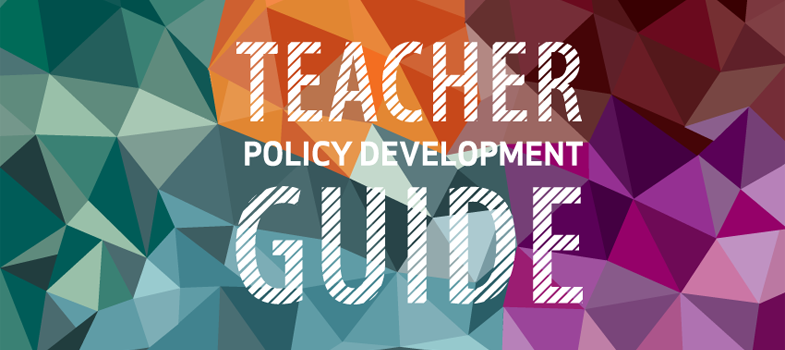Glossary
You can use the course glossary to help with any unfamiliar terminology.
Special | A | B | C | D | E | F | G | H | I | J | K | L | M | N | O | P | Q | R | S | T | U | V | W | X | Y | Z | ALL
S |
|---|
Social dialogue
All forms of information sharing, consultation and negotiation between educational authorities, public and private, and teachers and their unions/associations.
| |
Southern and Eastern Africa Consortium for Monitoring Educational Quality (SACMEQ)
An international non-profit developmental organization of 15 Ministries of Education in Southern and Eastern Africa, who apply scientific methods to monitor and evaluate the conditions of schooling and the quality of education.
| |
Stakeholder
A person, group or organization that has an interest or concern in, or can be affected by the results of, a particular action, objective, system or policy. It is good practice to consult and involve all stakeholders in decisions which affect them.
| |
Standards
Expectations about teachers’ knowledge, competences, attributes and performance, which describe what good teaching is in a given context and what teachers need to know and be able to do in order to implement good teaching.
| |
Systems Approach for Better Results in Education (SABER)
World Bank’s initiative to produce comparative data and knowledge on education policies and institutions, with the aim of helping countries systematically strengthen their education systems. Teacher is one of the policy domains focused by SABER. SABER-Teachers documents and analyses the teacher policies that govern public schools in education systems around the world, in both developing and developed countries.
| |
For further information, take a look at our frequently asked questions which may give you the support you need.
If you have any concerns about anything on this site please get in contact with us here.
